Statement on IDOC’s New Director, Donald Stolworthy
The John Howard Association of Illinois (JHA) congratulates Donald Stolworthy on his appointment as the new Director of the Illinois Department of Corrections (IDOC). Director Stolworthy brings an impressive and diverse background to the position, including work in Alaska, where he served as a Parole and Probation officer and oversaw correctional reforms to improve efficiency and decrease the State’s liability, and work for the United States Department of State assessing foreign prison systems, where he oversaw the construction of five Iraqi prisons that were completed under budget. His experience overseeing and implementing reforms and increasing the efficiency of state and federal prison systems will be helpful in confronting Illinois’ many correctional challenges.
For 114 years, JHA has served as Illinois’ only independent and non-partisan prison watchdog. JHA is grounded in the belief that an informed citizenry is essential to an effective, fair, and humane criminal justice system. To this end, JHA monitors and reports on all of Illinois’ juvenile and adult prisons, as well as criminal justice policies that directly impact justice-involved individuals, community safety, and our State’s fiscal health. We look forward to working with Director Stolworthy in reforming Illinois’ $1.3 billion prison system.
Illinois’ prison system is crippled by an oversized inmate population. Prison has proven to be a costly and ineffective solution to the many challenges faced by Illinois’ under-resourced communities, including underemployment, poverty, illiteracy, gun violence, drug and alcohol addiction, and untreated physical and mental illness. Prison crowding adversely impacts IDOC’s daily operations, creating an inhumane and unproductive prison culture that can do little more than warehouse people who ultimately return back to society with little or no skills, treatment or opportunities to become productively engaged citizens. Recognizing the dangers of overreliance on incarceration, Governor Rauner has boldly committed to reducing our prison population by 25 percent over the next ten years, and recently appointed a Commission of experts to ensure that this reform comes to fruition.
As Illinois grapples with its precarious financial situation, and state agencies are forced to make do with less, safely reducing our prison population has become an absolute necessity. IDOC cannot achieve positive reforms, such as reducing recidivism through cost-effective rehabilitative programs or improving working and living conditions for staff and inmates to comply with legal mandates and correctional best practices, without drastically reducing the size of our prison population. Failing to expediently address the issue of overpopulation in our prisons will invite more costly litigation, perpetuate unsafe prison conditions for staff and inmates, and further undermine IDOC’s ability to attract and retain quality staff and to reduce offender recidivism.

By adhering to data-driven, evidence-based best practices, effectively communicating with other government agencies, and maintaining an open and frank dialogue with the public and non- government organizations, IDOC can make the changes needed to achieve lasting reform. By increasing transparency and public accountability, fostering a correctional culture of innovation and professionalism, and recognizing and supporting long-term agency assets, such as dedicated, experienced correctional staff, the new Director can help drive Illinois in a new direction.
As set out in JHA’s message to Illinois’ gubernatorial candidates during the 2014 election, “Changing Directions: A Roadmap to Reforming Illinois’ Prison System,” we believe that incarceration must be used as tool of social justice that maintains a respect for human dignity and has “the objective of restoring the offender to useful citizenship.”
JHA reiterates here some of our key recommendations for IDOC and Director Stolworthy going forward:
Increase transparency and accountability so that IDOC’s successes and difficulties can be appreciated by lawmakers and other criminal justice stakeholders.
Create a correctional culture of learning, innovation, and professionalism by including resources for necessary staff development.
Enhance agency cooperation and communication between county and state officials to eliminate costly redundancies.
Maximize use of Medicaid expansion to fund services related to treatment, reentry, and diversion.
Increase and improve mental health training for correctional officers and other staff that are routinely tasked with managing a population that suffers from severe mental illness.
Effectively implement use of a risk assessment tool as mandated by the Illinois Crime
Reduction Act of 2009, and use risk assessments to create individualized treatment plans, as well as to inform agency-wide decisions concerning in-facility programming, placement, reentry planning and outcomesIncrease rehabilitative and educational programming and effectively utilize volunteer services to ensure inmates leave prison with basic education and employment skills.
Expediently undertake and complete technological upgrades and physical plant improvements, recognizing that these front-end investments will result in long-term cost savings. While Illinois has already substantially invested in several systemic improvements, many of these programs have yet to be implemented due to poor planning and unrealistic cost/resource projections.
Ensure a positive return on investment for dollars spent within IDOC by accurately assessing the performance of services and providers.
Improve coordination and collaboration with Central Management Services (CMS), which controls IDOC’s contracts with vendors and the hiring of personnel that do not fall under collective bargaining agreements.
Expand ways for more inmates to earn time off their sentences through positive behavior or participation in rehabilitative programming.
Find alternatives to address the expensive, growing problem of housing elderly and terminally-ill inmates in prison.
Continue to decrease the number of parolees who return to prison for technical parole violations (i.e. parole violations that are not based on the commission of a new criminal offense) by providing more effective alternatives to incarceration
Improve agency and community/governmental partnerships to assist with rehabilitative programming and expand opportunities for releasees.
Ensure that the Prison Review Board is informed regarding agency capabilities and practices.
JHA looks forward to working with Director Stolworthy and his staff to enact meaningful reform throughout Illinois’ correctional system in order to benefit all of our citizens, both inside and outside of prison.
For more information, please contact:
Jenny Vollen-Katz
Interim Executive Director, John Howard Association
312-291-9555
jvollen@thejha.org
